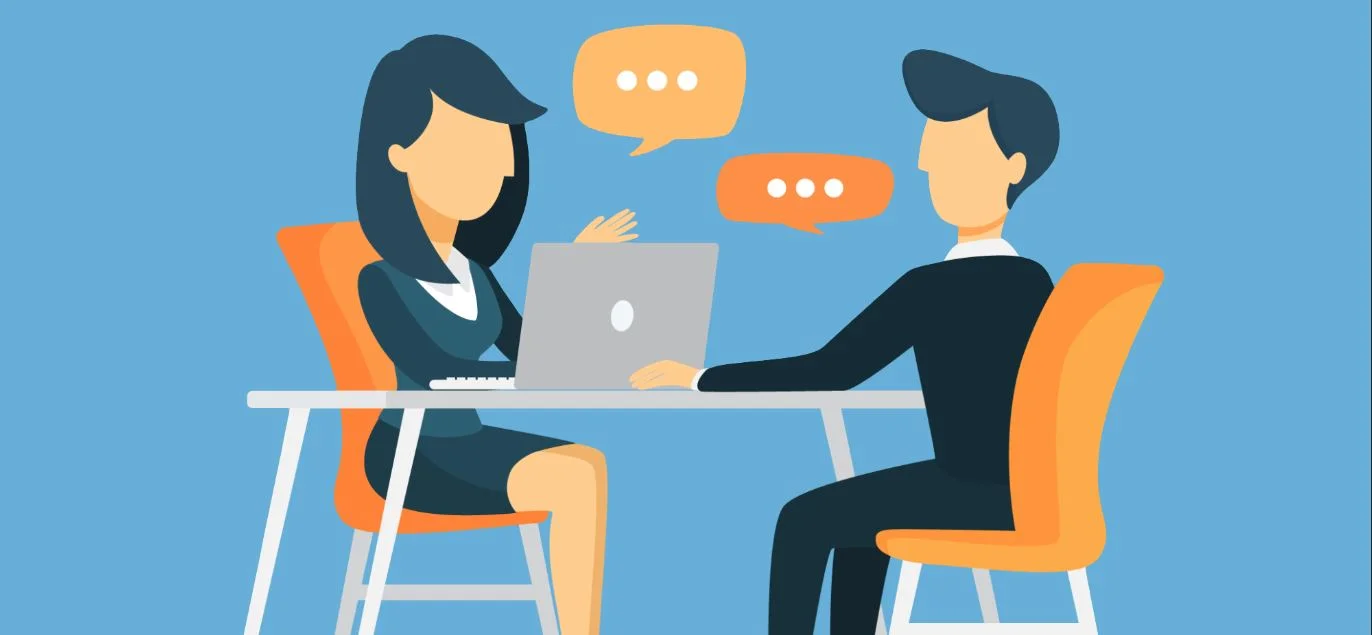So, you’ve landed an interview for your dream job, and now it’s time to practice and perfect your skills through the often-underestimated tool: mock interviews. In this guide, we’ll explore the strategies and tips for mastering the art of mock interviews to ensure you breeze through the real deal in 2024.
The Importance of Mock Interviews
Mock interviews are like dress rehearsals for the main event. They provide a safe space to identify and iron out any kinks in your performance, allowing you to approach the actual interview with confidence and poise.
Setting the Stage
Choose a Quiet Space
Find a quiet, distraction-free environment to simulate the interview setting. This helps you focus on your responses without interruptions.
Dress the Part
Wearing the outfit you plan to wear for the actual interview can help you get into the right mindset and make the experience more realistic.
Learn more about the significance of dressing the part in our blog on “The Psychology of Dressing for Success” here.
Tailoring Responses
Know Your Resume Inside Out
Expect questions about your resume. Be ready to discuss each job experience, emphasizing key achievements and how they relate to the position you’re interviewing for.
Addressing Strengths and Weaknesses
Craft responses that highlight your strengths, but also acknowledge areas for improvement. Authenticity is key.
Explore our blog on “Turning Weaknesses into Strengths in an Interview” here.
Navigating Tricky Questions
Handling Behavioral Questions
Practice responding to behavioral questions using the STAR method (Situation, Task, Action, Result) to provide structured and concise answers.
Dealing with Curveballs
Not every question can be predicted. Prepare for unexpected questions by practicing thinking on your feet.
Mastering Non-Verbal Communication
Eye Contact and Body Language
Maintain good eye contact and positive body language. These non-verbal cues contribute significantly to a favorable impression.
Confidence in Your Voice
Practice speaking clearly and confidently. Record yourself if possible to identify any areas for improvement.
Post-Mock Interview Reflection
Self-Assessment
Reflect on your performance. What went well? What could be improved? Use these insights to refine your approach.
Dive deeper into self-assessment with our blog on “The Art of Reflective Practice” here.
FAQs about Mock Interviews
Q: How many mock interviews should I do before the real one?
A: There’s no magic number, but aim for at least two to three mock interviews to build confidence and refine your responses.
Q: Can I conduct mock interviews alone?
A: While it’s possible, involving a friend or family member as the interviewer adds a layer of realism and external feedback.
Q: How do I handle nerves during a mock interview?
A: Practice deep breathing and positive visualization to manage nerves. The more you practice, the more comfortable you’ll become.
Mastering the Art: Your Final Act
As you embark on your journey to master the art of mock interviews, remember that practice makes perfect. The skills you develop through these simulations will not only enhance your performance in interviews but also contribute to your overall professional growth.








